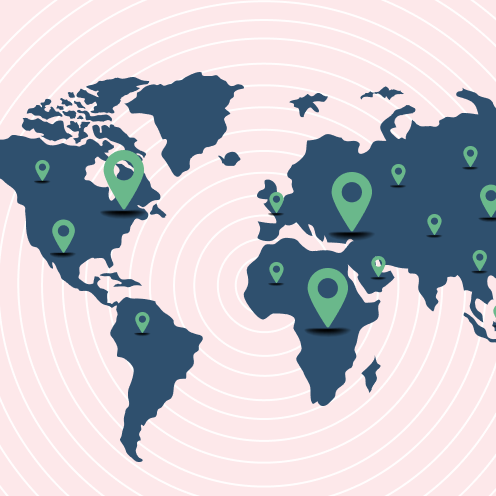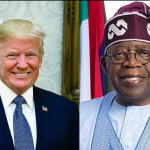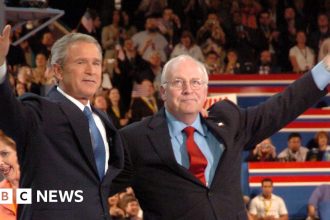On The Ground newsletter: Get a weekly dispatch from our international correspondents
Get a weekly dispatch from our international correspondents
Get a weekly international news dispatch

Donald Trump claimed Chinese president Xi Jinping had assured him Beijing would not take any action towards Taiwan while the Republican president remained in office.
Mr Trump said the contentious issue of the self-governed island did not come up in his talks with Mr Xi on Thursday in South Korea which largely focused on US-China trade tensions.
China claims Taiwan as part of its territory and does not rule out using force to bring it under Beijing’s fold.
Mr Trump, speaking to CBS, expressed certainty that China would not take any action on Taiwan while he was in office.
“He has openly said and his people have openly said at meetings, ‘We would never do anything while President Trump is president’ because they know the consequences,” Mr Trump said.
The US, like most countries, does not have formal diplomatic ties with Taiwan, but is bound by law to provide the island with the means to defend itself, and the issue is a frequent irritant in Sino-US relations.
The 1979 Taiwan Relations Act, which governs US relations with the island, doesn’t require the US to step in militarily if China invades, but makes it American policy to ensure Taiwan gets the resources to defend itself.
Beijing has stepped up military and diplomatic pressure on Taipei in recent years and has conducted multiple war games around the island.
But Mr Trump refused to directly answer whether the US would defend Taiwan if it was attacked by China.
“You’ll find out if it happens, and he understands the answer to that,” he said of Mr Xi.
Liu Pengyu, a spokesperson for the Chinese embassy in Washington, said China “will never allow any person or force to separate Taiwan from China in any way”.
“The Taiwan question is China’s internal affair, and it is the core of China’s core interests. How to resolve the Taiwan question is a matter for the Chinese people ourselves, and only the Chinese people can decide it,” he added.
The US has helped fund Taiwan’s defence – without recognising it as an independent country – for decades. In September, though, The Washington Post reported that Mr Trump had declined to approve $400m in military aid to the island this summer.
Meanwhile, the Taiwanese defence ministry said on Monday that the US was working overtime to speed up the production of delayed F-16V fighter aircraft to Taipei.
In a report to lawmakers, the ministry said the delivery of all 66 F-16V fighters, initially expected to arrive by the end of 2026, had been pushed back due to production line relocations and disruptions.
To speed up production, contractors were working two shifts of 20 hours a day, the ministry said, adding that Taiwan would monitor progress to ensure contractual obligations were met.
Defence minister Wellington Koo said the US and Taiwan were working on the delays and that 50 of the Lockheed Martin aircraft were already on the production line.
Of these, 10 were expected to undergo flight tests this year and be delivered in 2026, he added.
“I think that we all hope the greatest amount of effort can be exerted to speed up the deliveries,” he said.
The ministry also said the delivery of 24 MK-48 torpedoes and four dummy torpedoes, bought for $178.47m and initially expected by 2026, had been postponed to between 2026 and 2028, also due to production line disruptions.
This summer, Taiwan test-fired its new HIMARS rocket system for the first time. The system has been widely used by Ukraine against Russia and could be deployed to hit targets in China in the event of a war.


















